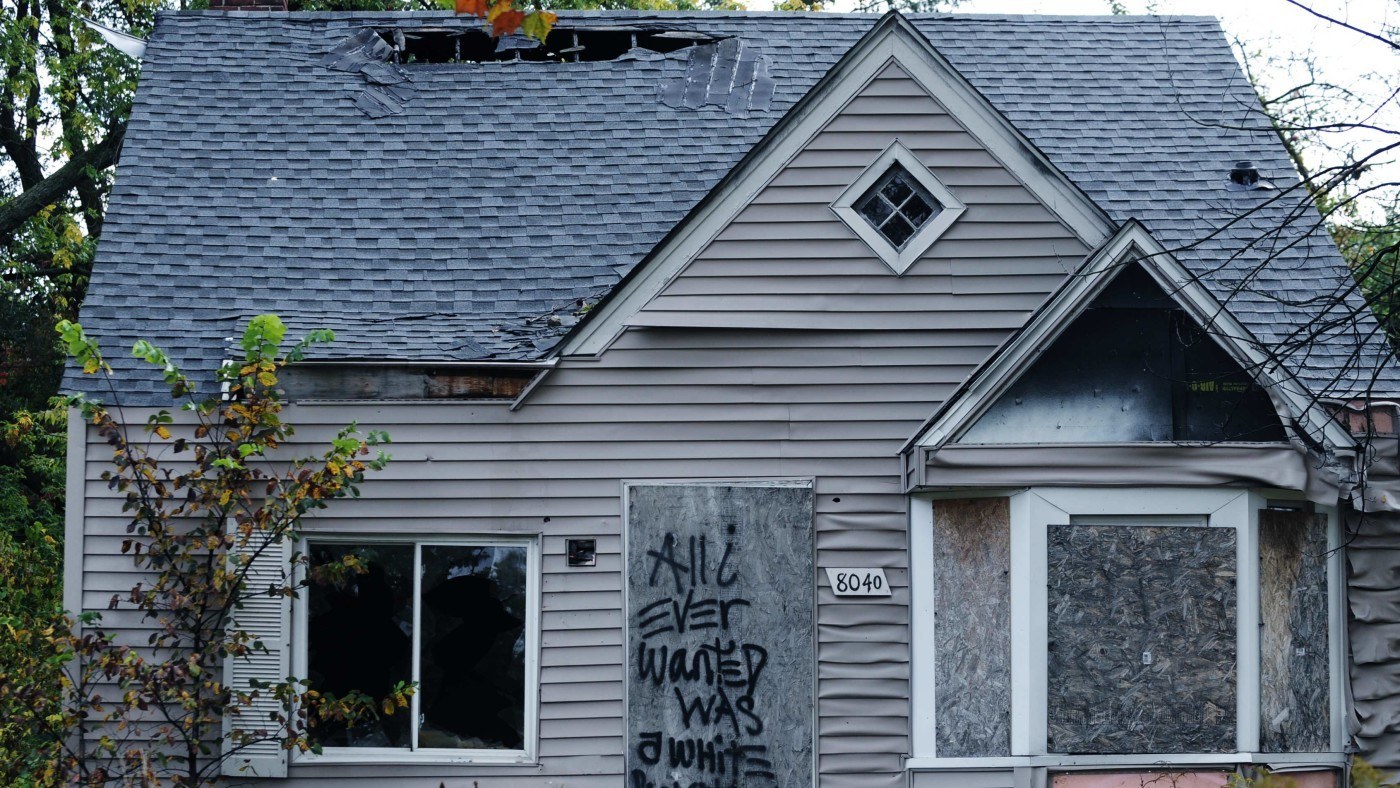John Podhoretz, editor of the conservative monthly Commentary Magazine, columnist for the New York Post, and movie critic for The Weekly Standard, offers his insights and analysis on what is already an unprecedented political campaign for the presidency of the United States. He spoke with Abby W. Schachter, US editor of CapX.
- We seem to have a perfect storm of political chaos on both left and right. What the hell is going on?
I think there is a real sense across the political spectrum that the country’s institutions are entirely unresponsive to the country’s problems. This is manifesting itself in all kinds of strange ways, both in politics and outside of politics.
The phenomenon: A self-described socialist (Bernie Sanders) garnering what appears to be 40 percent support from people who c all themselves Democrats and a celebrity nationalist populist vulgarian (Donald Trump) approaching the same kind of numbers in the Republican race. Both are the result of a conviction that is clearly not ideological, that the system is not responding to the country’s problems and that disruptive forces need to be encouraged in order to break through the paralysis.
- Barack Obama was supposed to be transformative and he has, but from what you are describing the transformation is negative. Is it all Obama’s fault?
A lot of this can be blamed on President Obama but not all of it. And a lot of what is motivating this explosion is a combination of social and economic trends that transcend both parties and even this generation.
The data show the American middle class has essentially not had a raise in 15 years. For the first half of those 15 years the fact that no one got a raise was offset by growth in nonsalary money like retirement savings and the property people owned. Then the colossal shock [in 2007-2008] and everyone is suddenly 33 percent poorer than they were seven years earlier.
Today we are back to where we were seven years ago. The political system has been unresponsive as well as a contributing factor. Health care costs (which is not political) have eaten up a lot of people’s money. And with that and payroll taxes, 14 percent of people’s salary gets taken off the top, and that hurts more when you make $45,000 then when you make $60,000. None of that is Obama’s fault. Obamacare is his fault. His lack of interest in deregulating the economy is his fault. [Financial regulation legislation] Dodd-Frank is his fault.
There are gigantic global and secular trends that can’t be assigned to anyone ideology or party.
The central issue — and reason for Trump and Sanders – is nobody on the right or left has any idea how to fix what is broken. Trump says, “I’ll put the best men on it.” Now, that’s not an answer but it’s no worse than Hillary saying, “raise the minimum wage” or “free college tuition.” None of this can get us to 4 percent growth.
- Is the success of Donald Trump similar to the Tea Party – or the success of Bernie Sanders similar to Occupy Wall Street — when early on many observers said this isn’t going to amount to anything and then came the dawning realization that it might be here to stay?
I don’t think it is a question of movement within the parties or movements within ideological camps were ignored and have given rise to current conditions. The presumption was that this would – and still may – be an ordinary election.
After two terms, there is an open seat for the presidency. Democrats can get people out to the polls for presidential elections but were supposed to be facing serious headwinds. Republicans were going to have better candidates, incredibly talented candidates. They were running conventional campaigns. This candidate was going to get evangelical support in Iowa, and this one had this plan for winning [the second primary state of] New Hampshire.
No one is interested.
This is not a conventional election in the Democratic party either. No one wants anyone with a serious governing record. No one wants a prudent and positive view of America that can really fix things.
Democrats are positive about Hillary Clinton but no one is jazzed by the idea of a 69-year-old woman who was a non-entity as Secretary of State after being a non-entity as a senator, and who was married to a president. She seems to believe she should get the nomination by acclamation. Sanders can’t win. And again, no one is interested. The political class misread that people think anyone in politics is high quality.
- Given the mood, will it matter if Hillary is criminally indicted?
It matters, but I find it hard to believe she will be indicted. If she is indicted, Vice President Joe Biden will end up the nominee. But that still won’t answer anyone’s problems.
- You’ve written about movies and popular culture longer than politics. Can a film like 13 Hours or The Big Short have an impact on the election campaign?
Movie audiences aren’t big enough to make a difference. The Big Short sold something like eight million tickets so that means it grosses $100 million. The television show The Walking Dead gets twice that [audience]. The anxieties and concerns expressed by hit TV shows like The Walking Dead, that portray the world in a relative state of collapse, are much more telling than specifically political movies.


